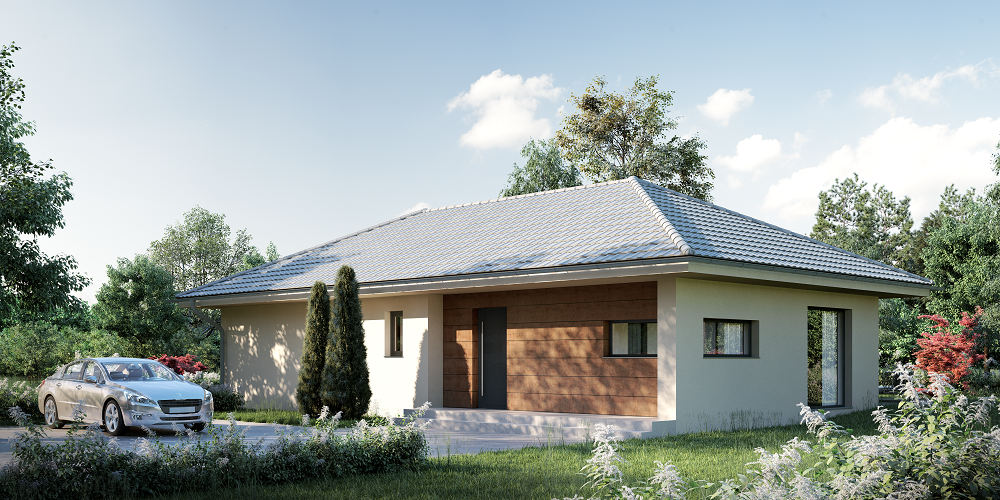As we have become quite accustomed to by now, Prime Minister Robert Golob is extremely fond of making promises. Judges, firefighters, farmers, bureaucrats in the public administration – all of them have previously heard sweet words and promises from the benefactor from Nova Gorica. In his enthusiasm, he has once again overstepped his authority and started promising municipalities to rebuild everything that had been damaged in the floods, and he then even promised citizens improvised prefabricated houses. However, as so many times before, reality will quickly clip the wings of the ambitious Prime Minister.
After a meeting with representatives of local authorities, the government committed to covering all intervention costs on the one hand, but it also committed to increasing the municipalities’ prefinancing rate for rapid recovery measures – from 20 percent to 40 percent of the estimated damage. “This is an advance payment to enable municipal services, through their contractors, to move as quickly as possible to actual action,” said Prime Minister Robert Golob.
Prefabricated houses for everyone, not just for a select few
At the same time, Golob announced that those who have lost their properties will receive assistance in the form of replacement construction. In addition, municipalities will provide land, and they will provide it with utilities at the expense of the state. Replacement buildings will be built on this land, mostly in the form of prefabricated buildings made by Slovenian manufacturers. The buildings will be of a standard type and will be located throughout Slovenia. “The installation of these facilities should take a few months,” the Prime Minister said.
The construction lobby quickly pricked up its ears. Promises of free state money – what industry wouldn’t want that? The Slovenian Chamber of Engineers said in a statement that it was trying to ensure that we have enough highly qualified staff to design building structures and road links. But what is the grim reality?
The experts quickly faced the Prime Minister with the reality of his impassioned words and said that even in an ideal scenario, such constructions are likely to be subject to years of bureaucratic red tape, as these are new constructions, which are no different from their brick-built cousins due to their prefabricated nature. In reality, people would have to wait for half a decade for such prefabricated buildings, as they would have to wait at least a few years just to obtain all the relevant permits. The time from the start of the permitting process to the completion of the prefabricated house under the current regime would take just over seven years, and with drastic interventions in the bureaucracy, two to three years, and construction could be delayed by up to half a year.
Of course, the Golob government, in line with its bulldozer style of governance, will want to make impromptu adjustments or changes to the procedures for obtaining building permits, which will, in turn, bring in its wake a ton of other regulations that would clash with such an arrangement. Another concern raised by experts is the audacity of building fragile prefabricated houses in flood-prone areas – they would probably be gone in the next storm. The measure might make sense as a temporary solution, but the government seems to be planning it for the long term.
Golob probably understands that it is impossible for him to keep this promise
It is clear that even Golob is aware that things are not that simple, but he cannot help but say something on TV – in the style of Elon Musk – that would stir up the public. On the 7th of August, he claimed that the prefabricated houses would be built in a few months. The next day, some wise man from the field of construction must have whispered something to him, and the Prime Minister then said that nothing could happen in just a few short months and that the procedures were complicated and that he did not know whether they would succeed. Translated from the ‘Golob language,’ this sentence makes it sound as if he thinks that they will not be successful in this endeavour or that the mandate will be over by then.
In the end, the bureaucrats will probably realise that the Prime Minister was (once again) too quick in making promises and that it will not be possible to do something like this. In the meantime, people will – probably with humanitarian, private help – build their own (brick) houses. In spite of the bureaucracy and in spite of the state, not because of the state. And before that, they will move into the flats of their relatives and good people, or live in rented housing. And speaking of rented housing – rents would cost the state exponentially less than temporary prefabricated houses.
M. I.


